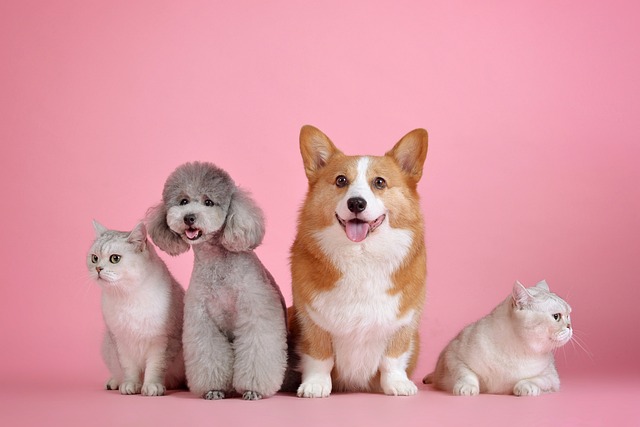It’s natural for pet owners to worry about an unidentified lump or bump on their pet’s skin. Some immediately worry that the bumps could be something serious like cancer, which sets minds racing with many questions.
However, not all lumps should be a cause for concern, but there are a few factors to consider. Most bumps on pets are benign or non-cancerous, but it’s also a possibility that the lump is malignant or cancerous. Your vet can help identify the causes of under-the-skin lumps in dogs, cats, and other pets. They can also recommend in-home hospice care for pets if necessary.
Potential Causes of Under Skin Lumps in Dogs
Lumps and bumps under your pet’s skin can have various causes, and it’s essential to consult your veterinarian to diagnose and treat the issue properly. Older pets usually develop these masses, but younger furry friends can get them, too.
Here are some common causes of lumps and bumps under a pet’s skin:
- Abscesses: Abscesses are often the result of an infection, such as a bite or scratch wound. They can appear as swollen, painful lumps filled with pus.
- Fatty Tumors (Lipomas): These features are the most common benign soft tissue tumors in dogs and cats. They can be found in other pets as well. Lipomas usually appear soft and movable, often painless masses of fat cells.
- Cysts: Like lipomas, cysts are fluid-filled sacs that can form under the skin. They are often benign and can vary in size.
- Insect Bites or Stings: Sometimes, the lumps you find under your pet’s skin are an allergic reaction to insect bites or stings. These can lead to swollen, itchy lumps on their skin.
- Warts: Dogs, cats, and other mammals can develop warts, which are often small, raised, and flesh-colored growths.
- Mast Cell Tumors: Mast cell tumors are a type of cancer that can develop in the skin. This condition is rather severe and should be evaluated by a veterinarian.
- Hives/Allergies: As stated earlier, some lumps are allergic reactions, such as hives, which can result in raised, itchy bumps on the skin.
- Hematomas: Hematomas are more severe conditions, which are pockets of blood that can accumulate under the skin due to trauma or injury.
- Tick Bites: Some lumps can be due to tick bites, often causing localized swelling, irritation, and in some cases, they may transmit diseases.
- Ingrown Hair or Folliculitis: These can lead to painful, pimple-like bumps under the skin.
Questions to Ask Yourself about Your Pet’s Health
Before you start worrying, here are some self-evaluations you can perform to help you judge whether the bump under your pet’s skin is a cause for alarm or not:
- Is the lump painful for your pet when you touch it?
- Has the spot grown quickly since the last time you saw it?
- Does it grow and then shrink?
- Is there any sign of bleeding in the area of the lump?
- Does the bump appear inflamed or reddish?
If you answered yes to any of the questions above, your vet may need to examine your beloved furry friend. However, taking your dog to the vet is best to be safe.
Signs That Your Pet Needs Hospice Care
Aside from answering the questions earlier, certain situations should prompt you to take your pet to the vet as soon as possible
Rapid Growth of Lump
If a lump or bump suddenly starts growing rapidly, it could be a sign of an aggressive or malignant tumor. It’s essential to have this evaluated by a veterinarian promptly.
Ulceration or Bleeding
If the lump develops an open sore or starts bleeding, it could indicate an infection.
Pain or Discomfort
Seek immediate veterinary care if your pet appears to be in pain or discomfort due to a lump.
Changes in Behavior
Any change in your pet’s behavior, such as lethargy, loss of appetite, or reluctance to move, could be indicative of a severe condition.
Multiple Bumps
If the number of lumps increases, it’s a reason for concern and warrants a vet visit.
Difficulty Breathing or Swallowing
If a lump or bump is causing difficulty with breathing or swallowing, it’s a critical situation and requires immediate attention.
Consider Pet Hospice and Euthanasia Services with Loving Paws
While many of these lumps are harmless, immediate attention is needed for any concerning changes. In the most unfortunate cases, when your furry companions face terminal conditions, providing hospice care or in-home euthanasia ensures they leave this world with the love and comfort they deserve, surrounded by the family that adores them. Call (972) 201-5342 to book a call with our specialist.


Recent Comments